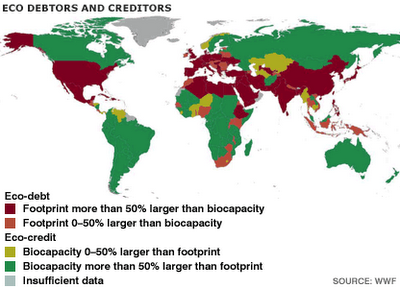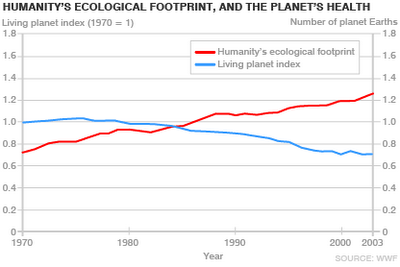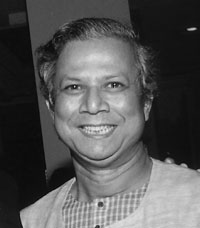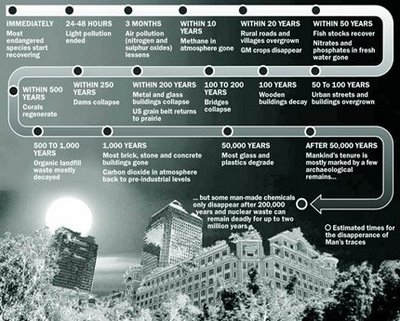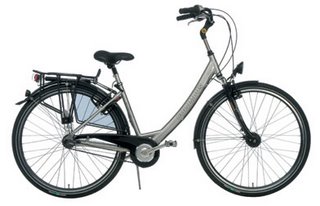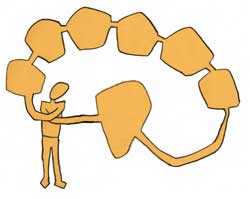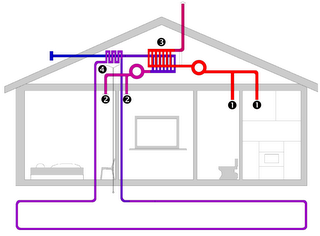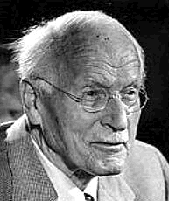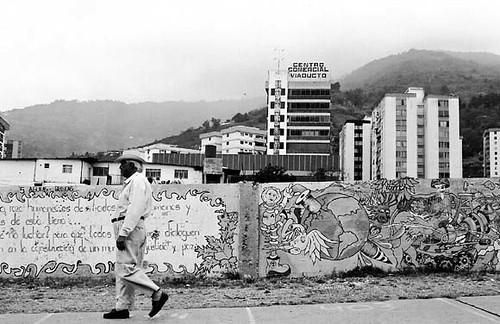
A few days ago, my second child was born – a daughter. What can she expect from life on this planet? I suspect she will be in a privileged position compared to the vast majority of (boys and) girls born on this planet this year.
According to Statistics New Zealand she's got a life-expectancy of over 81 years. The average of the over 2 billion children on the planet can only expect to live for 67 years.
According to UNICEF she'll live in a world
where on 58% of the population has access to adequate sanitation facilities,
where 21% of the population lives on less than 1 US$ a day
where 5% of government expenditure goes to education and 11% to defence
Even in New Zealand, 24% of the population are condemned to live a life characterised as having some level of 'hardship'!
She'll live in a world where she soon will be the prime target of the advertising industry, that will attempt to instill 'brand loyalty' at an age as early as 2 or 3. They'll try to make her feel like a loser if they'll lack an advertised product and cannot indulge in material excess. The average American child is exposed to more than 40,000 television commercials every year. (And incidentally it is generally the American culture that we all strive to emulate!)
I'm not even talking about how many murders and other violent acts she will have witnessed on TV by the time she turns 18.
What to do about this? Besides throwing out the television from my home, I'm concerned how I can help her achieve a level of conscious awareness that will prevent her from being trapped by the artificially created needs and wants of our consumer society. I also hope that she will not ever experience the fear most people share today that prompts them to spend more on armaments and weaponry than on the education of our future generations.
